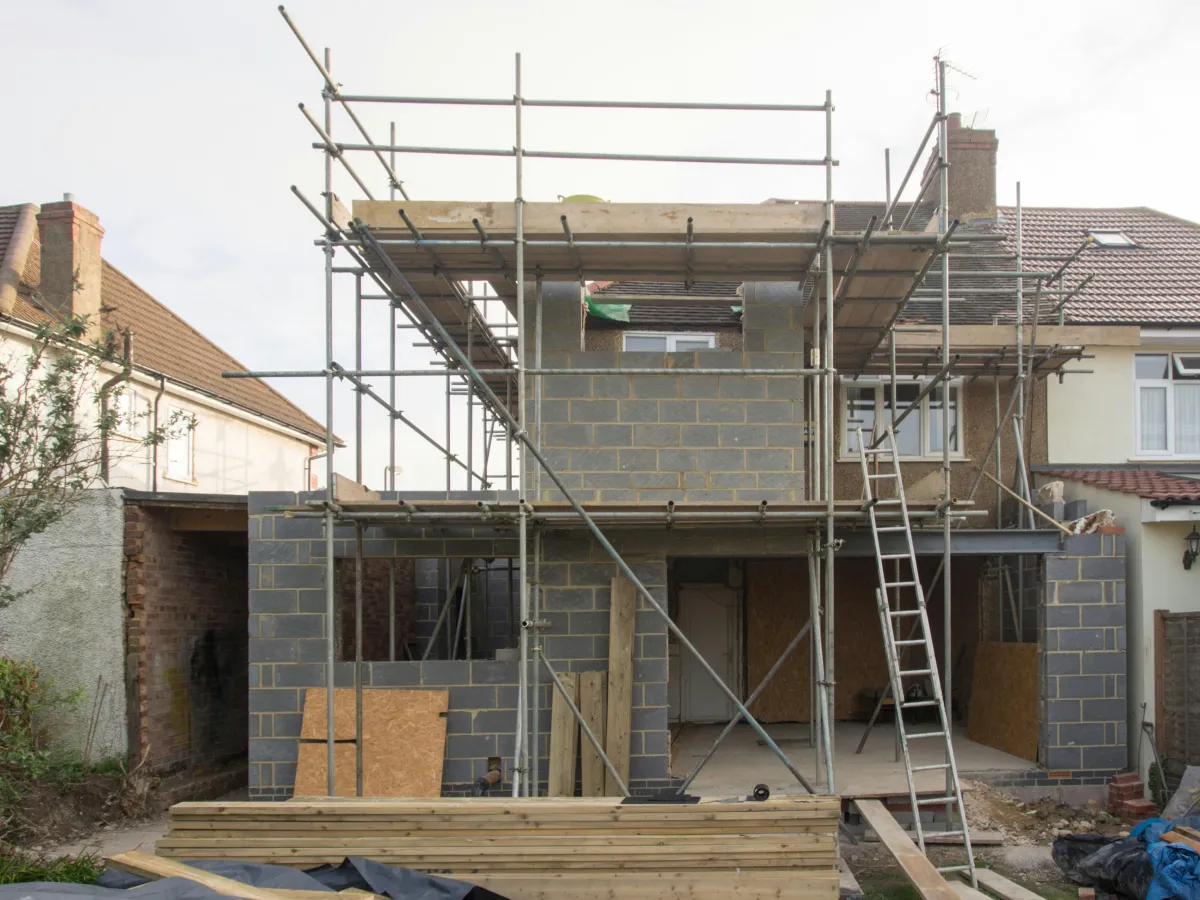
Essential Steps in the Residential Building Permit Process
Getting a residential building permit can feel overwhelming for many property owners. Understanding the permitting process is essential for navigating local zoning laws and ensuring compliance with construction standards. This article will cover key stages in obtaining a permit, the necessary documents to gather, and how to engage effectively with local authorities. By following these steps, readers will feel more confident in tackling the permitting process and avoiding common pitfalls, including issues related to asbestos and licensing.
Key Takeaways
A residential building permit is essential for ensuring safety and compliance with local codes
Homeowners should check if a permit is needed for their specific construction project
Operating without a permit can result in fines and costly modifications
Gathering accurate documentation can help streamline the permitting process
Engaging local authorities early helps in resolving potential disputes efficiently
Understanding the Importance of the Residential Building Permit Process

Understanding the importance of the residential building permit process is key for anyone involved in construction. A residential building permit is required for various projects, including constructing a fence or ensuring energy conservation and accessibility in homes. Learning when a permit is necessary, recognizing the benefits of obtaining one and exploring the consequences of not having it can help streamline building permit applications and avoid potential issues.
Defining a Residential Building Permit
A residential building permit serves as an official approval needed before starting construction projects. This permit ensures that the construction complies with local building codes, which are designed to uphold safety and quality standards. When applying for a permit, individuals may incur fees, including impact fees, which help fund public infrastructure improvements affected by the new construction. Inspections are also a key part of the permit process, as they verify that the work aligns with the approved plans and regulations.
Recognizing the Benefits of Obtaining a Permit
Obtaining a residential building permit offers many advantages that can make the construction process smoother. This official approval helps ensure safety and compliance with local building codes, which protects homeowners and future occupants. Furthermore, a permit can enhance property value by demonstrating that construction is done properly and meets community standards, making it a crucial step for any project.
Identifying When a Permit Is Necessary
Knowing when a residential building permit is necessary is essential for any construction project, as homeowners typically need a permit for substantial changes such as adding new rooms, undertaking significant renovations, or constructing new buildings.
While some smaller projects, like small repair jobs, may not require a permit, it is always wise to check with local authorities to avoid potential issues. For instance, a room addition or new build will definitely require a permit, while fence installation might only sometimes need one, and interior remodeling generally does require a permit.
Exploring the Consequences of Operating Without a Permit
Operating without a residential building permit can lead to significant consequences, both financially and legally. Homeowners may face hefty fines or penalties, which can quickly add up to a large sum, especially for ongoing projects. Moreover, if a construction is found to be non-compliant, it may require costly modifications or even a complete teardown to meet local codes. These potential issues highlight the importance of obtaining a permit before starting any construction project:
Fines and penalties for non-compliance
Possible need for costly modifications
Risk of project delays or termination
Identifying Key Stages in the Permitting Process

The residential building permit process involves several important stages that homeowners must understand. First, planning and documentation requirements must be met to prepare for the application. Next, the application submission and processing phase takes place, followed by various review stages and approvals. Finally, it is essential to be aware of the fees and costs associated with obtaining the permit. Each step plays a critical role in ensuring a successful project.
Planning and Documentation Requirements
Planning and documentation are crucial first steps in the residential building permit process. Homeowners need to gather all necessary plans, including site maps and architectural drawings, to support their applications. Providing clear and accurate documentation can help streamline the approval process and minimize delays, ensuring the construction project begins on solid ground.
Application Submission and Processing
The application submission and processing phase is a critical step in the residential building permit process. Homeowners must complete the application forms accurately and provide all required documentation to avoid delays. This may involve submitting plans, site maps, and any necessary supporting materials. Being thorough during this phase can significantly smooth the review process and lead to quicker approval, which is essential for starting construction on time:
Complete all necessary application forms.
Gather the required documentation.
Submit the application to the appropriate authority.
Be prepared for potential follow-up requests for additional information.
Review Stages and Approvals
The review stages are a crucial part of the residential building permit process, where local authorities evaluate the submitted application and plans. During this phase, the reviewers check for compliance with building codes, zoning laws, and safety regulations. Quick feedback on any necessary adjustments can help keep the project on track, allowing homeowners to begin their construction with confidence.
Engaging With Local Authorities and Agencies

Engaging with local authorities and agencies is a vital part of the residential building permit process. Homeowners need to identify key agencies involved, build relationships with local officials, and effectively schedule inspections and follow-ups. In addition, addressing potential disputes or revisions promptly ensures a smoother construction experience. Each of these aspects contributes to a successful project outcome.
Identifying Key Agencies Involved in the Process
Identifying key agencies involved in the residential building permit process is essential for homeowners aiming to execute their construction projects successfully. Local planning departments, building inspection offices, and zoning boards are the primary agencies that provide necessary approvals and regulations pertaining to building permits. Understanding their roles and maintaining open communication can help streamline approvals and foster a collaborative environment throughout the construction process:
Local Planning Departments
Building Inspection Offices
Zoning Boards
Building Relationships With Local Officials
Building relationships with local officials is essential for homeowners navigating the residential building permit process. Open communication with key personnel in planning and inspection departments provides valuable insights into regulations, leading to informed decisions and smoother project planning. This positive rapport can result in faster approvals and timely responses to permit applications, while also aiding in the quick resolution of any issues that may arise, ultimately enhancing overall efficiency in the construction process.
Scheduling Inspections and Follow-Ups
Scheduling inspections and follow-ups is essential in the residential building permit process, as homeowners need to plan these checks at key project stages to ensure compliance with local regulations and building codes. By maintaining open communication with local authorities, they can swiftly address any issues that arise, helping to prevent delays and additional costs. Key inspection stages include the foundation inspection, which verifies that the foundation meets local standards; the framing inspection, ensuring correct framing before drywall installation; and the final inspection, which confirms that the project is complete and compliant with all permits.
Handling Potential Disputes or Revisions
Handling potential disputes or revisions during the residential building permit process is crucial for homeowners. When disagreements arise, engaging openly with local authorities can help clarify understanding and find solutions quickly. For instance, if a permit application faces objections due to zoning issues, communicating clearly with the appropriate agency may lead to adjustments that satisfy both parties, ensuring the project continues smoothly.
Conclusion
Navigating the residential building permit process is crucial for homeowners embarking on construction projects. Understanding every step, from planning and documentation to securing necessary approvals, helps avoid costly mistakes and delays. By obtaining a building permit, individuals ensure their projects comply with local codes, enhancing safety and property value. Following these essential steps not only streamlines the construction process but also fosters a smoother overall experience in achieving their dream home.


